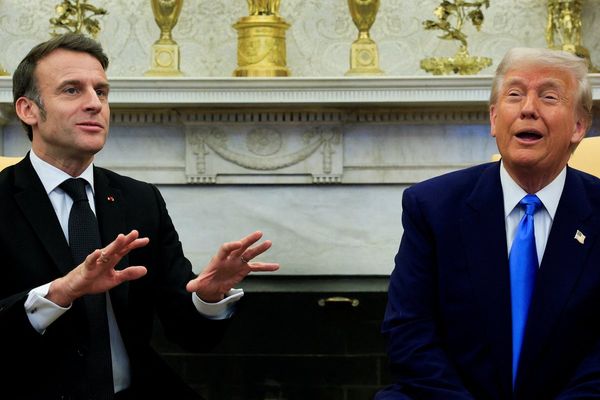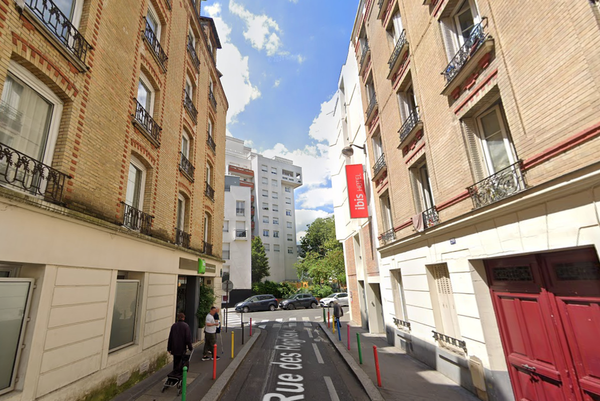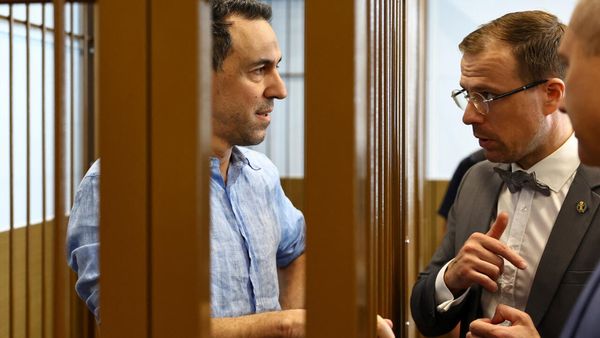
Boris Johnson resigns as he governed: in a blitz of misinformation, abjectly failing to accept responsibility for wrongdoing, and lacking in even a shred of integrity. The statement he issued on Friday evening announcing he was standing down from parliament with immediate effect was characteristically graceless, bitter and deceitful. Though he hinted he would like to make a political comeback, his withdrawal from British political life is long overdue.
It is an incredible turn in political fortune for a former prime minister who less than four years ago won a general election with an 80-seat majority. Three years later he was forced to resign after being fined by the police for breaking the lockdown regulations he expected everyone else to comply with, sometimes at unthinkable personal cost. Now after seeing a draft of the privileges committee verdict on whether he intentionally misled parliament, he has decided to step down as an MP altogether. This implies that this cross-party committee of MPs – chaired by the respected Labour MP Harriet Harman, and with a majority of Conservative parliamentarians – has made serious findings in relation to the charge that Johnson misled MPs when he told them there had been no social gatherings and no breaking of lockdown rules in Downing Street during his premiership. Johnson has baselessly accused them of a “witch-hunt” and of being a “kangaroo court”, and claimed he is being “forced out of parliament by a tiny group of people”. Yet the privileges committee investigation was democratically mandated by MPs; the committee has no powers to force Johnson to step down, only to recommend to the Commons sanctions that can include a suspension, with one of more than 10 days triggering a recall petition that could lead to a byelection. Only the Commons can collectively impose the recommended sanction on Johnson, through a vote. Only his constituents can unseat him, through a byelection.
Johnson has voluntarily resigned rather than face a vote from his peers in the Commons or a potential byelection, which rather implies he knows he lacks the support of MPs and of voters. It is his lies that are the blight on British democracy, not the fair process that MPs elected to set in train. His former adviser Will Waldron’s characterisation of his refusal to take responsibility for his actions as “Trumpian” is justified. Extraordinarily, the same day Johnson resigned in disgrace, his prime ministerial resignation honours list was published, granting peerages and other honours to his political allies, some of whom also broke lockdown regulations. It is fundamentally anti-democratic that the grant of a lifetime entitlement to sit and vote in parliament should be in the gift of any former prime minister, let alone one as discredited as Johnson.
Johnson is gone from frontline politics, but voters will have to live with the legacy of the worst prime minister in living memory for decades to come. He has left three lasting blights on Britain. The first is Brexit. Johnson supported leaving the EU because it suited his leadership ambitions; he was one of the key architects of a populist campaign that misled the public that Brexit would restore British sovereignty, make us richer, reduce levels of immigration and free up valuable resources for public services. After the referendum, he opportunistically embraced a hard Brexit that no one voted for to build his own political base and manoeuvre himself into Number 10. As a result, Brexit has been achieved but at the expense of significant economic growth, greater regional equality, and regulatory accord between Northern Ireland and the rest of the UK. It will make us poorer over the long term.
Second is the terrible way his government handled the Covid pandemic. Much is known about the mistakes that were made: not once – perhaps understandably given the uncertainty involved – but repeatedly imposing social restrictions too late in a way that necessitated tougher restrictions for longer later on, at greater economic cost, and in a way that will have cost some people their lives. The independent inquiry will produce official findings in the next few years, but having a grossly incompetent prime minister in office during a period of intense national crisis will have lasting consequences.
The last aspect of his legacy is his debasement of the principles of public life that form the basis of the ethical standards voters have the right to expect from those who hold public office. From unlawfully suspending parliament when it refused to do his bidding, to lying to the public about whether his Brexit deal would involve customs checks in the Irish sea; from breaking his own lockdown regulations to backing bullying ministers who were independently found to have broken the ministerial code, Johnson has presided over a decline in integrity, honesty and accountability in public office and has undermined trust in democratic institutions.
His departure from the Commons should prompt reflection among senior Conservatives about how and why they supported him to remain in Number 10 for so long. That decision could have serious consequences for them at the next election as the effects of Brexit continue to make themselves felt on the economy and the Covid inquiry starts to produce interim findings. They would be richly deserved: the whole of the Conservative party is complicit in the disasters of the Johnson premiership.







